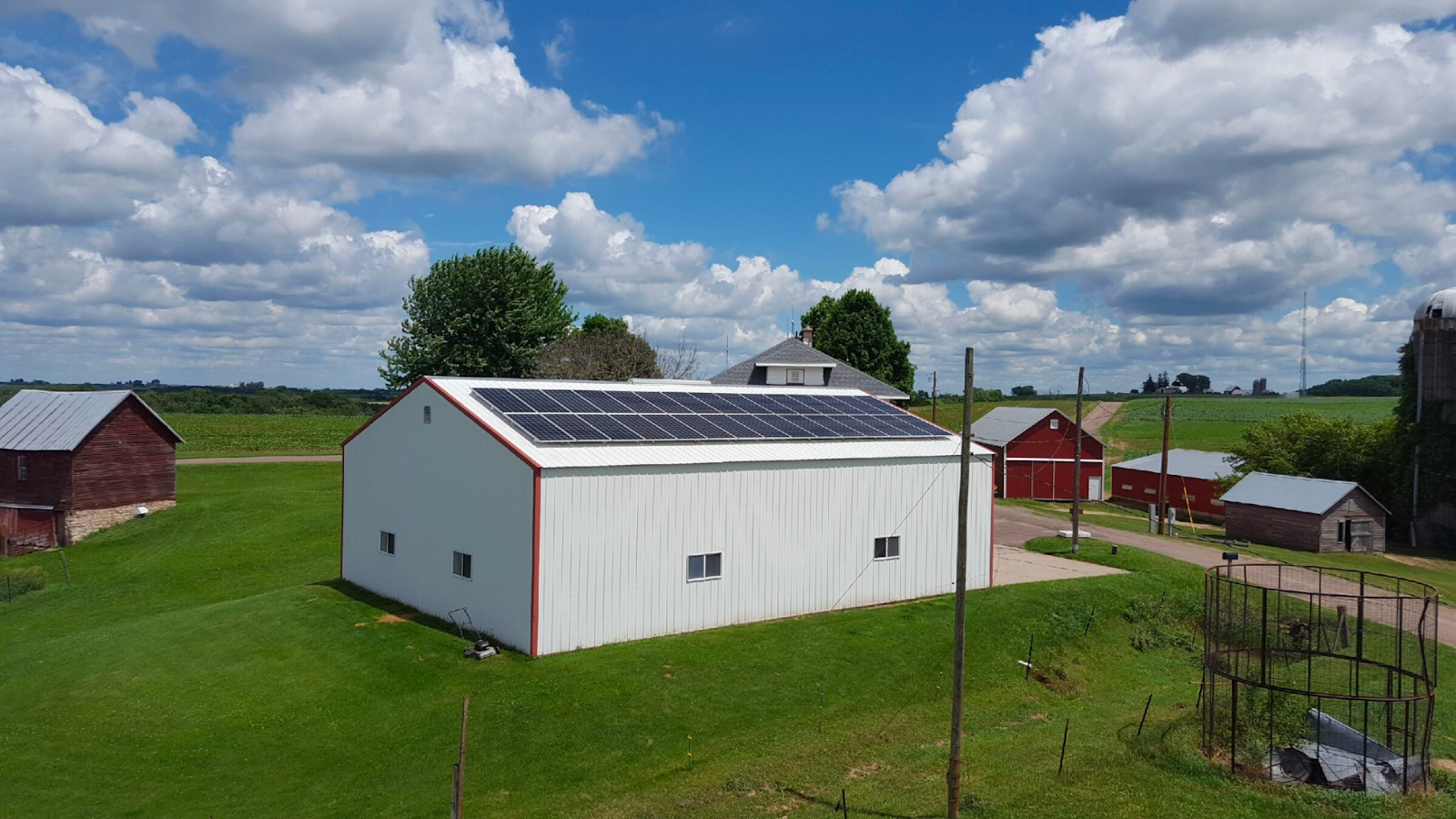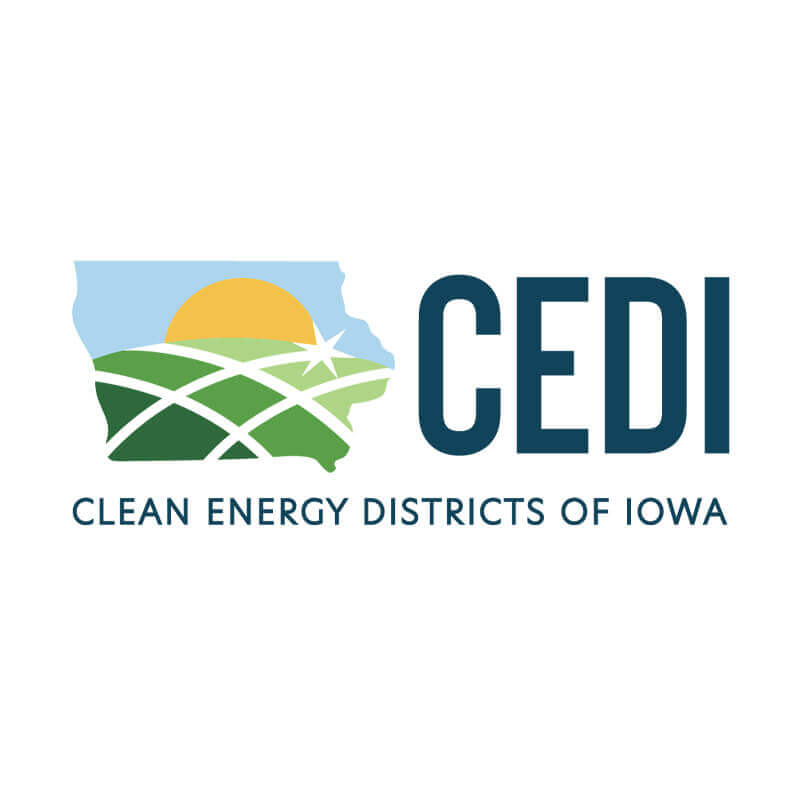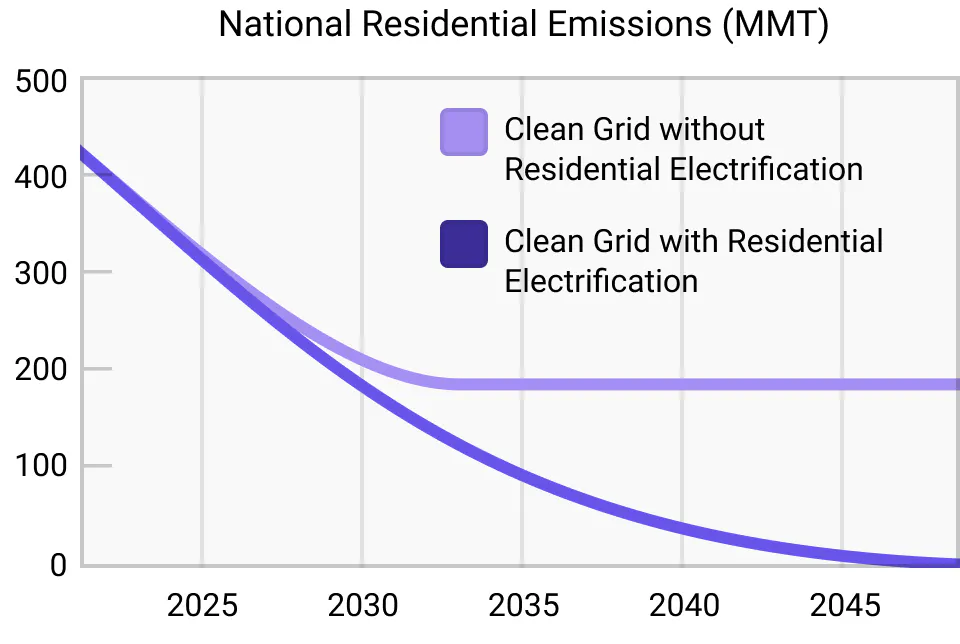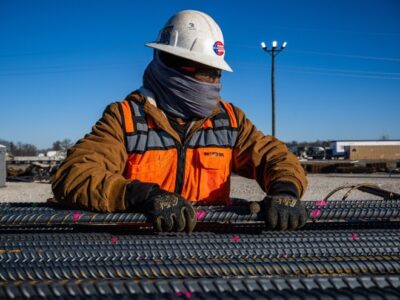The United States Department of Energy (DOE) plans to spread the gospel of sustainability through funding that helps states, local governments, and Native American Tribes reduce energy use, improve energy efficiency, and lower fossil fuel emissions. Many of these funds are distributed through the DOE’s Energy Efficiency and Conservation Block Grant (EECBG) program, which provides money for clean energy initiatives.
This effort aligns with Iowa leaders’ commitment to renewables, highlighted in Gov. Kim Reynolds and U.S. Sen. Chuck Grassley’s recent commendations for their championing of clean energy.
In October 2023, the EECBG awarded a $1.1 million grant to the city of Decorah, Iowa, and the Clean Energy Districts of Iowa (CEDI) to boost clean energy programs and reduce energy burdens for low-income households in eastern Iowa and southwest Wisconsin.

Photo Courtesy CEDI
CEDI, a nonprofit that supports member districts across Iowa, was named the designated sub-recipient of the award and the provider of technical assistance for activities outlined in its application, according to an Oct. 10 press release.
Along with 12 other awardees, CEDI will share $8.8 million in awards to support the implementation of energy improvements in local governments and Tribes across the country.
CEDI said it will use the funds to provide “vital technical assistance to help local governments and schools benefit from the clean energy transition.”
Funds will also go toward lowering the energy burdens of low-income households in Allamakee, Clayton, Delaware, Howard, Jackson, Tama, and Winneshiek counties in Iowa and Vernon County in Wisconsin, including Tribal lands.
As The Gazette of Cedar Rapids reported, the latest funds renewed a partnership between CEDI and Decorah that first happened in 2010, when Decorah received a block grant for about $880,000. According to The Gazette, Winneshiek Energy District — Iowa’s first grassroots nonprofit energy district — was a sub-recipient and used its share to connect residents to energy-efficiency opportunities and federal incentives.

Photo Courtesy CEDI
“This is an interesting way of delivering technical assistance in rural areas where people lack access to professional expertise,” Jim Martin-Schramm, a CEDI policy analyst who helped write the grant application, told The Gazette.
According to The Gazette, part of the $1.1 million will go toward hiring two energy planners and an engineer to help municipal governments, school districts, and low-income households “take advantage of state and federal energy efficiency and renewable energy opportunities.”
The 2022 Inflation Reduction Act included many of those opportunities, which earmarked $370 billion in investments to lower energy costs for families and businesses and accelerate private investment in clean energy solutions.
“Our job is to bundle all that information and help them understand how they can make wise and judicious investments that will benefit the citizens of their community or the families in their school district,” Martin-Schramm said to The Gazette. “And then also to work with low-income households.”

Photo Courtesy Rewiring America
CEDI’s stated mission is to “strengthen and spread the clean Energy District model” by providing critical services to member districts and creating a policy mechanism to authorize and fund clean energy districts at the state and federal levels. Its three-point vision statement is as follows:
- Bring shared prosperity, resiliency, and vibrancy to every community and county.
- Ensure the clean energy transition moves the state toward a more socioeconomically inclusive and just society and economy.
- Build consensus around and accelerate climate stewardship everywhere to meet Intergovernmental Panel on Climate Change (IPCC) goals.
Among the initiatives designed to help low-income households is the High-Efficiency Electric Home Rebate Program, which provides rebates on energy-efficiency projects based on household income. According to the Iowa Economic Development Authority, Iowa is expected to receive around $60 million for this program.





